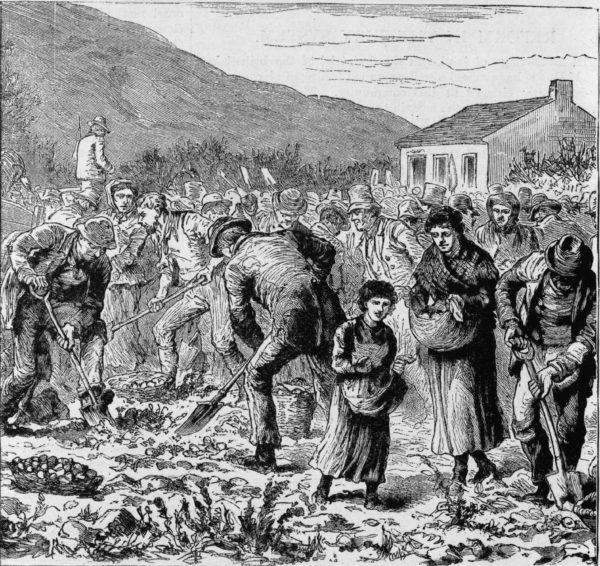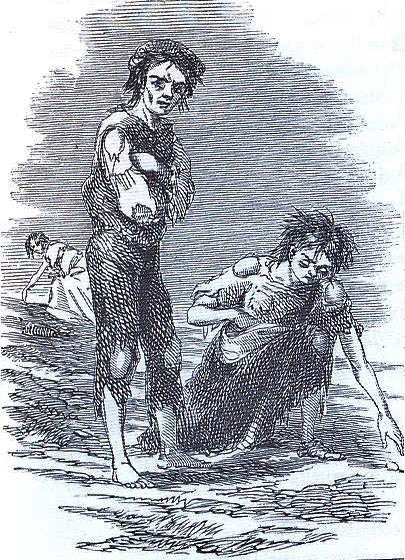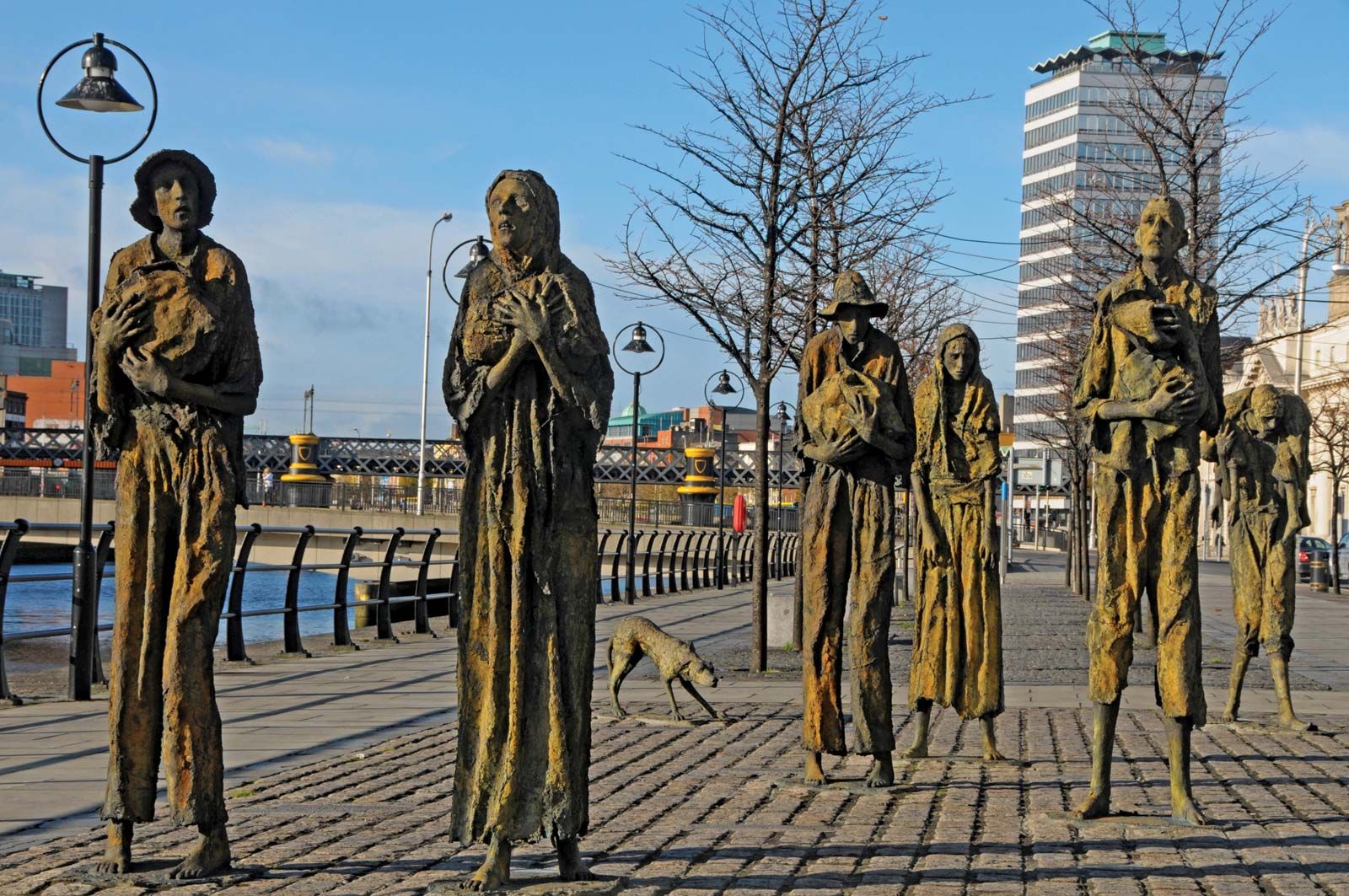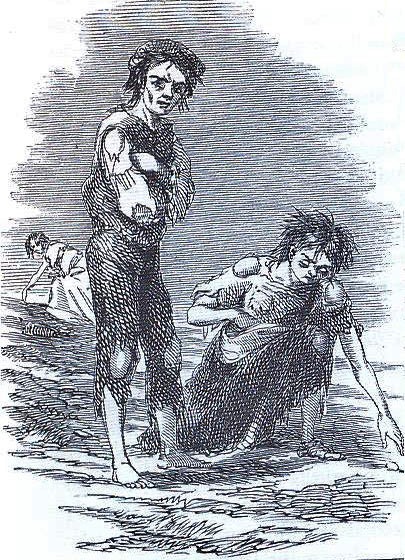The Great Irish Famine was a devastating chapter in human history that transformed an entire nation’s destiny. Between 1845 and 1852, Ireland experienced a catastrophic period of mass starvation, disease, and forced emigration that would forever change its social and cultural landscape.

Image credit: Britannica
In 1845, a deadly potato blight struck Ireland’s primary food source, creating a perfect storm of agricultural devastation. The Irish Lumper potato, a staple crop for millions, became vulnerable to a parasitic disease that rapidly destroyed entire harvests. Imagine entire fields of potatoes turning black and rotting, leaving families with nothing to eat!

Image credit: Our Safety Net
The human tragedy was immense. Approximately one million people died from starvation and related diseases, while another million were forced to emigrate. Families were torn apart, with younger members leaving in hopes of survival, creating a generational wound that would echo through Irish history. The population of Ireland plummeted from 8.5 million to just 4.4 million within a decade.

Image credit: Wikipedia
The British government’s response was shockingly inadequate. Despite having the resources to provide substantial aid, they adhered to a strict laissez-faire economic policy. Charles Trevelyan, a key government official, even described the famine as a “direct stroke of an all-wise and all-merciful Providence” – a callous statement that revealed the systemic indifference towards Irish suffering.

Image credit: Wikipedia
Remarkably, food continued to be exported from Ireland during the famine, while millions starved. Grain, cattle, and other agricultural products left Irish ports, destined for British markets. This cruel irony highlighted the profound economic and political inequalities of the time.
The famine’s impact extended far beyond immediate loss of life. It triggered a massive diaspora, with Irish communities spreading across the globe. Cities like New York, Boston, and Liverpool saw significant Irish immigration, fundamentally reshaping these urban landscapes. The experience of displacement and survival became a defining narrative of Irish identity.

Image credit: Britannica
The Great Hunger was more than a natural disaster – it was a complex tragedy of political neglect, colonial oppression, and systemic economic failure. It exposed the brutal realities of British colonial rule and sparked a powerful Irish nationalist movement that would eventually lead to Ireland’s independence.
Today, the Great Famine stands as a powerful reminder of human resilience in the face of unimaginable suffering. Memorials across Ireland and the world commemorate those who died and those who survived, ensuring that this critical chapter of history is never forgotten.
Categories: Economic Analysis, Historical Events, Policy Lessons, Political Consequences, Social Impact, War History
Tags: 19th Century, British Empire, colonial history, Great Famine, Irish Diaspora, Irish History, Migration, Potato Blight
Religion: Christianity
Country of Origin: Australia, Canada, Ireland, United Kingdom, United States
Topic: Historical Events
Ethnicity: Irish


